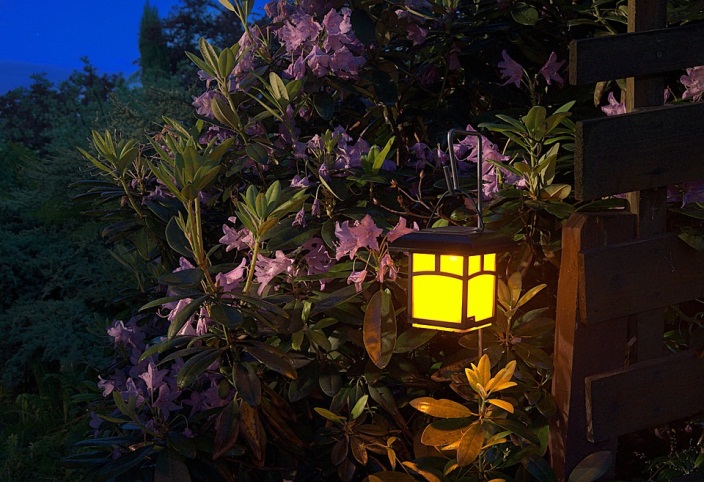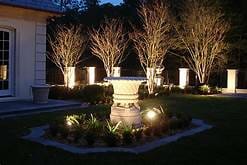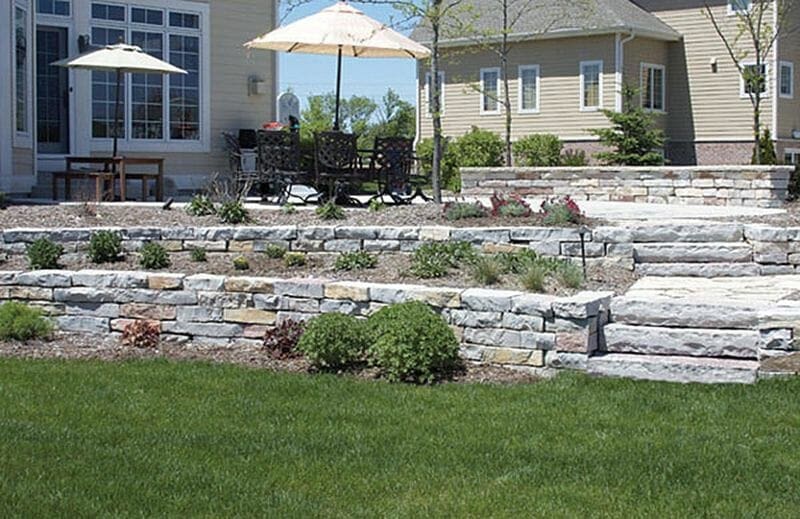Written by Admin and published on https://yardyum.com/
Plants often take center stage when it comes to landscaping, but exterior lighting adds both aesthetic and functional benefits to your home. Landscape lighting ranges from small solar lights that need no wiring to wall-mounted lights that are hardwired into your home’s electrical system. Understanding the advantages of outdoor lighting helps you choose the type of lighting that matches your needs.
Landscape Outdoor lighting is one of the essential elements in a well-designed garden. Unfortunately, people fail to notice its importance and either completely overlook it or execute it poorly. However, when correctly applied, outdoor lights have not only a practical purpose, but also showcase and aesthetically enhance the various landscape elements.
Does Landscape Lighting Affect Plant Growth?

Landscape lighting offers a wide range of benefits. It has been extensively used for outdoor illumination of gardens and landscapes. Also known as garden lighting, this type of lighting enhances nighttime aesthetics, safety, and accessibility appreciably. Many people are using landscape lighting in the garden for recreational purposes such as conducting parties and social events. Have you ever thought about the condition of the plants when you use these lighting solutions in your garden? ? Does landscape lighting affect plant growth? This is a very important question for which you must find a convincing answer.
Important factors that influence plant growth
Various authentic research studies show that landscape lighting may affect plant growth. The most important factors that influence plant growth are intensity, duration and light spectrum. The impact of light on the plants has to be analyzed based on these important aspects.
Intensity of light
Plants make use of photosynthesis to absorb energy from daylight. The sunlight absorbed by the plant is within the visible spectrum. In other words; it is the light that we can see comprising of violet, indigo, blue, green, yellow and orange colors. Although the light released by landscape lighting fixtures comes with the same visible spectrum light like sunlight, the intensity can be lower or higher compared to sunlight.
Landscape light interferes with plant growth
The volume of photosynthesis increases when the light stays intense, which in turn promotes plant growth. The light intensity must stay at optimal levels to create a perfect ambiance. You can adjust the light intensity by decreasing or increasing the distance of the light to the plants. The critical aspect is that some landscape lights emit heat to cause harm to plants. High-quality lighting products come with a cooling system to minimize heat emission.
Extended duration or high light exposure creates a negative impact
If plants get more sunlight, you can expect them to grow faster. However extended exposure to light emitted by garden lights can result in light pollution. The daily rhythm of the plants gets disturbed in such a situation. Constant exposure to artificial lighting deprives plants of the much-required rest and repair that takes place at night.
Never undermine the importance of the light spectrum
Light is a type of energy form that moves as electromagnetic waves. A full light spectrum contains twelve bands of lights. Although all these spectra are needed for plant growth, violet, blue and red are required in higher amounts compared to others. The red light spectrum promotes flowering and blooming of plants. For optimizing the growth during the vegetative phase, blue light is inevitable. If plants don’t receive an adequate amount of blue light, they will turn yellow. This light assists the chlorophyll formation in the presence of magnesium. Reliable landscape lighting fixtures manufacturers focus on all these aspects while designing their products. You need to choose top quality lighting that offers a perfect blend of all light bands.
Undesirable amount of infrared or ultraviolet emission interferes with the photosensitive cells
You need to choose landscape lights wisely when it comes to installing them in your garden. If a landscape lighting fixture emits infrared or ultraviolet light excessively, the plat health gets compromised. Excess ultraviolet or infrared light interferes with the photosensitive cells of the plant. It can disturb the natural presence of chloroplasts, which a component of the plant cell that comprises the much-needed chlorophyll for photosynthesis. When you buy landscape lighting fixtures, you have to be aware of this important aspect. You can certainly consider buying specially designed garden LED bulbs that emit reduced or zero levels of light in the ultraviolet or infrared spectrum.
Does landscape lighting affect plant growth? Yes; landscape lighting affects plant growth in a considerable way. You have to choose the right lighting pictures with optimal intensity and light bands to create a perfect ambiance for plant growth. The heat release as well as the emission of ultraviolet and infrared light must be taken into consideration while choosing landscape lighting for your garden.
Original post here https://yardyum.com/blog/post/does-landscape-lighting-affect-plant-growth/.



